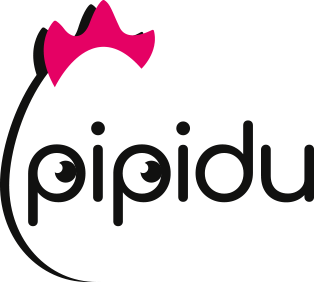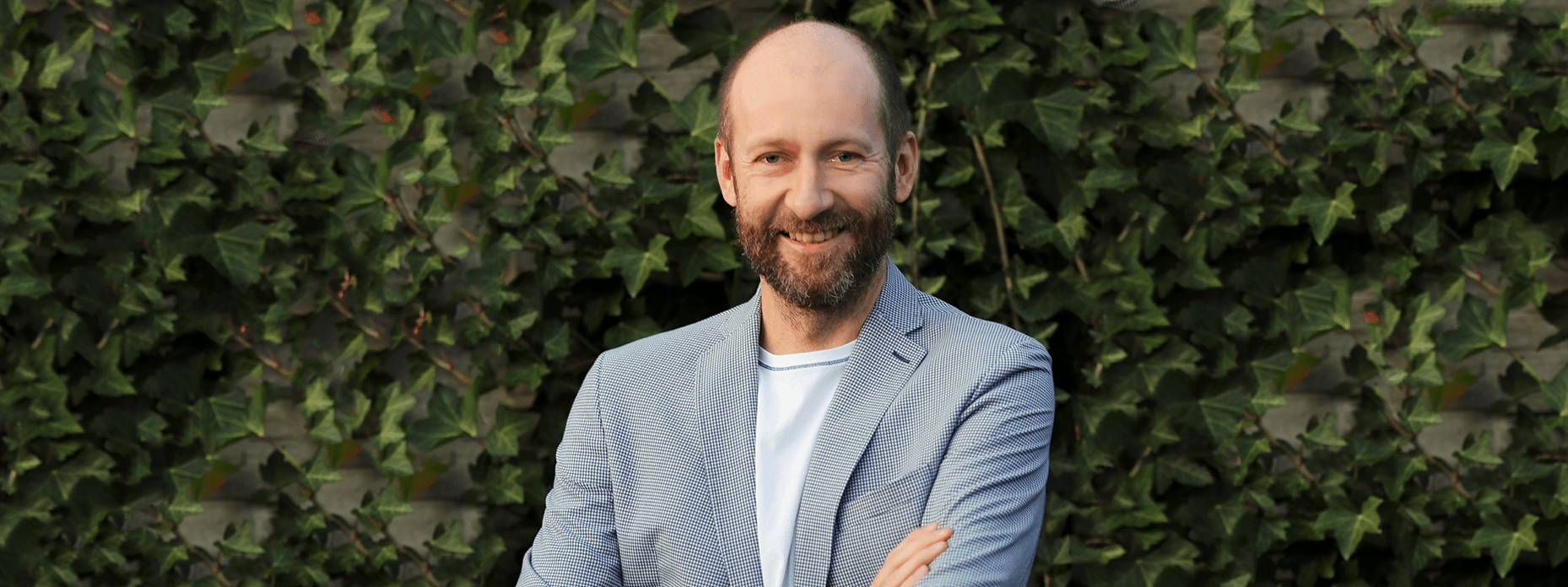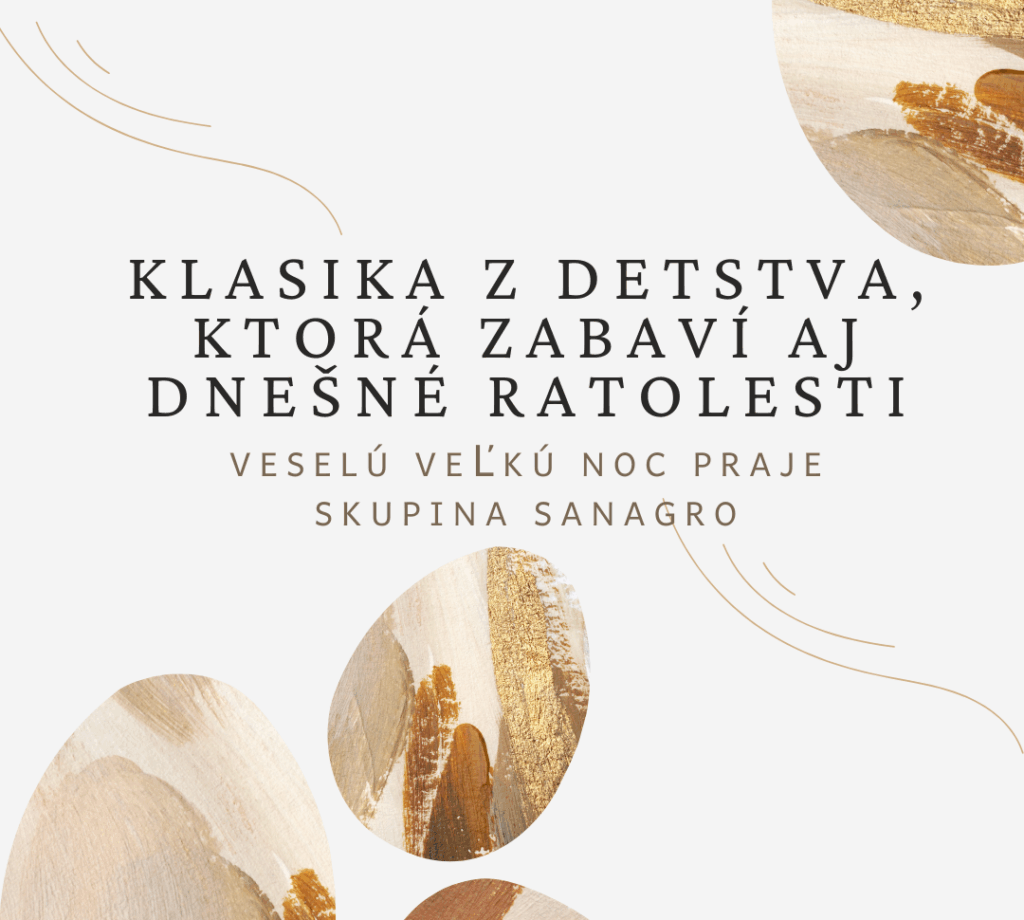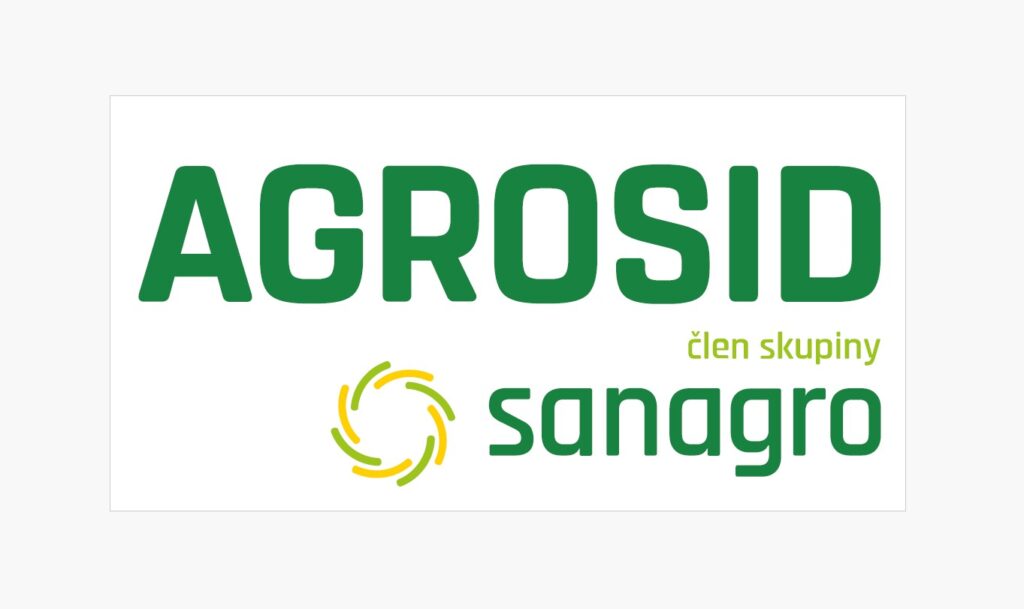Tomáš Kohút, CEO of the SANAGRO agro group, talks about how they want to develop the business, return power to agriculture and when they will open their first own store.
You have been at the helm of SANAGRO for more than a year and have never worked in agriculture before. Why did you decide to go in this direction?
During my career I have worked as a manager mainly in industrial companies. I never really thought about one day working in the agribusiness sector. In my last job, I managed the largest division of Raven, a wholesaler of metallurgical materials, and after 5 years, I felt the need for a change. When an offer came from SANAGRO in early 2018, I didn't hesitate. It was an opportunity for me to be part of building a strong brand in Slovakia and learn a lot in the process.
Is it possible to become a farmer in that time?
Although I am not a farmer, the agro-sector has charmed me. More than working in an office, I enjoy going out into the fields and dealing with the condition of crops, sowing, harvesting or animal husbandry.
SANAGRO Group currently manages almost 19 thousand hectares of land in Slovakia. What is your position in terms of size?
I suppose that we are among the five largest agricultural groups in Slovakia in terms of the area of cultivated land. In truth, however, I have never found out who farms more or less land than we do. This is not important to me. We have set rules for buying farms. Our strategy is not to increase the amount of land headlong, which is why we do not buy farms that do not fit in with our philosophy.
So what do you choose them on?
I won't say the exact rules, but farms of over a thousand hectares make economic sense for us, with the potential for neighbouring cooperatives to buy in. At the same time, their focus is also important to us, i.e. whether they have crop or livestock production and how it will complement our agricultural portfolio. We also look at location. SANAGRO today owns 11 farms and they are all located in western and central Slovakia.
Is this due to the proximity of farms and thus easier labour management?
Definitely. On most farms you have a problem finding a follower within the farm management. From this perspective, it is more efficient when farms within a group are located close to each other. We are trying to make them into units where they can be significantly better staffed from one location, with better quality machinery and fewer people. This saves costs considerably, and without this I do not think farms have a chance of surviving today.
Here you are already talking about the efficiency that your size brings.
Yes, because we can work well together within the group. We bring the farms together, we buy seed and feed together, we borrow machinery, we have centralised administration, payroll and accounting in one place, we also buy office supplies centrally, we provide drinking water, and the farms are under one insurance policy, for example. With these and other steps, farms can save a lot of money.
How do you perceive Slovak agriculture?
I see huge potential in agriculture and I believe that we can return Slovak farms to their former strength. The vast majority of them are not managed properly, they cannot cope with old debts, with a lack of people, high prices, low sales. And so they have existential problems. For example, when we joined the Turiec Agricultural Cooperative based in Dubovo, the cooperative no longer had the money to even buy diesel, it had a lot of old debts outstanding, the mechanics were not working, the land was in a state of neglect.
Are you only entering problem farms?
No, our group is even dominated by those farms that were doing well economically at the time we bought them. For example, the farms of Food Farm in Hlohovec, the farm in Šalgovce or the Bos-Por Agro eco-farm near Malacky were both financially and performance-wise in above-standard condition.
Where was it not?
The worst was the aforementioned team Turiec or today's SANAGRO Senica. These farms had really significant economic problems, which we had to solve quickly after our accession.
And have you managed to change that? Where have you made the most progress?
From a financial point of view, it was in PD Turiec, which for the first time since 2012 achieved a positive operating result last year and we expect to double it by next year. We have made similarly significant progress with SANAGRO Senica and RD Častkov farms.
I must add that today each of our farms is prospering, but on the other hand, each has its reserves, which we will work on.
How much have you invested in farm renovation to date?
In total, more than one million euros.
With the accession to the European Union, agriculture has been marginalised, and labour shortages are a major problem. Is the problem just salaries?
Today, 3 or 4 percent of people work in Slovak agriculture. The agricultural sector cannot pay people as well as, for example, the automotive sector, where employees also work in the heat and dry. In the agri-sector, people work outdoors in all weathers or in stables, which is not always pleasant. And that puts many people off. However, few people know that a good tractor driver can earn more than EUR 1 700 per month in the season.
Which positions are the most difficult to fill?
For example, milkmen or tractor drivers.
How do you find people?
Mostly we look for people in the regions where we have farms, through our current employees, to see if they happen to know anyone who wants a job. We have already started using the services of recruitment agencies as well. However, the problem is with farms that are close to a big city. While on other farms we have employed only Slovaks, on the farm in Hlohovec, which is close to Trnava and Nitra, we have struggled to find employees from the region and have not been successful. We therefore had to employ people from Ukraine. Even so, we are still short of people there.
What can be done about it?
One of the ways is the aforementioned workforce management, better promotion of Slovak agriculture and cooperation with schools. The fact is that the agri-sector is changing - we will need more 'IT-techies' than farmers. Self-driving machines are increasingly being used in our sector, where the tractor driver just supervises whether the machine is doing what it is supposed to do.
How do economic crises affect the agricultural business?
The agro-sector is anti-cyclical. This means that there will always be demand for food. We have information from a number of industries about a slow cooling of demand, which could be a harbinger of the coming crisis. Paradoxically, the crisis is also what can help agriculture. There will be more people available on the market, and prices tend to normalise to some extent in worse times.
Today, the SANAGRO Group produces thousands of tonnes of cereals and fodder annually and raises more than 4 thousand animals on its farms. What of this remains in Slovakia?
Most of the production of our farms goes for export, and only a very small part remains in Slovakia, and this is more from crop production. Production from livestock production is exported. However, we want to change this.
How?
We plan to open our own farm shop chain where we would sell only what we preserve or grow on our farms. Our aim will not be to compete with the supermarket chains, and it is also not our aim to produce products in such a volume that we will be forced to offer them to the chains. We are talking about two outlets, primarily in Bratislava, possibly in western Slovakia.
What all would you like to sell there?
We are considering butchering our own meat, raising free range chickens and a small dairy. We would then sell the products under our own brand to end consumers. At the same time, we have been cooperating with a small farmer from the south of Slovakia for a long time. This is the apple juice producer Južné Sady Gejza Varga, whom we are assisting commercially and managerially. We would like to source vegetables and fruit from him for our own network. We are also thinking about packing our own sunflowers, peas or producing our own sunflower oil. So we will only rely on ourselves for the products. We want people to learn that they will only ever find fresh stuff with us, or they will be able to order it and know that we are doing it honestly and responsibly.
What is the state of this plan today?
Now we are slowly starting to test what potential this could have, these days we are testing the sale of our own bull meat. We are currently looking and negotiating for premises. We want to move forward in slow and deliberate steps. We don't want to rush anything. Realistically, I see the first store opening within a few months.
Who is Tomáš Kohút
Since 2018, he has been the CEO of SANAGRO, an agricultural company. Previously, he managed the commercial division at Raven in Slovakia for 5 years. He also previously served as CFO of Edymax and held management positions at Elcom, Nábytok Mikušincová and Hofatex.
About SANAGRO Group
It produces more than 13 million litres of milk annually, 35 thousand tonnes of cereals and 20 thousand tonnes of grain. It also produces 20 tonnes of cereals and 20 tonnes of fodder crops. It raises thousands of cattle and sheep. The group operates 11 farms in southern and central Slovakia.
We want people to learn that they will always find only fresh things here, or they will be able to order them and know that we do it honestly and responsibly.
Tomáš Kohút, CEO of Sanagro






